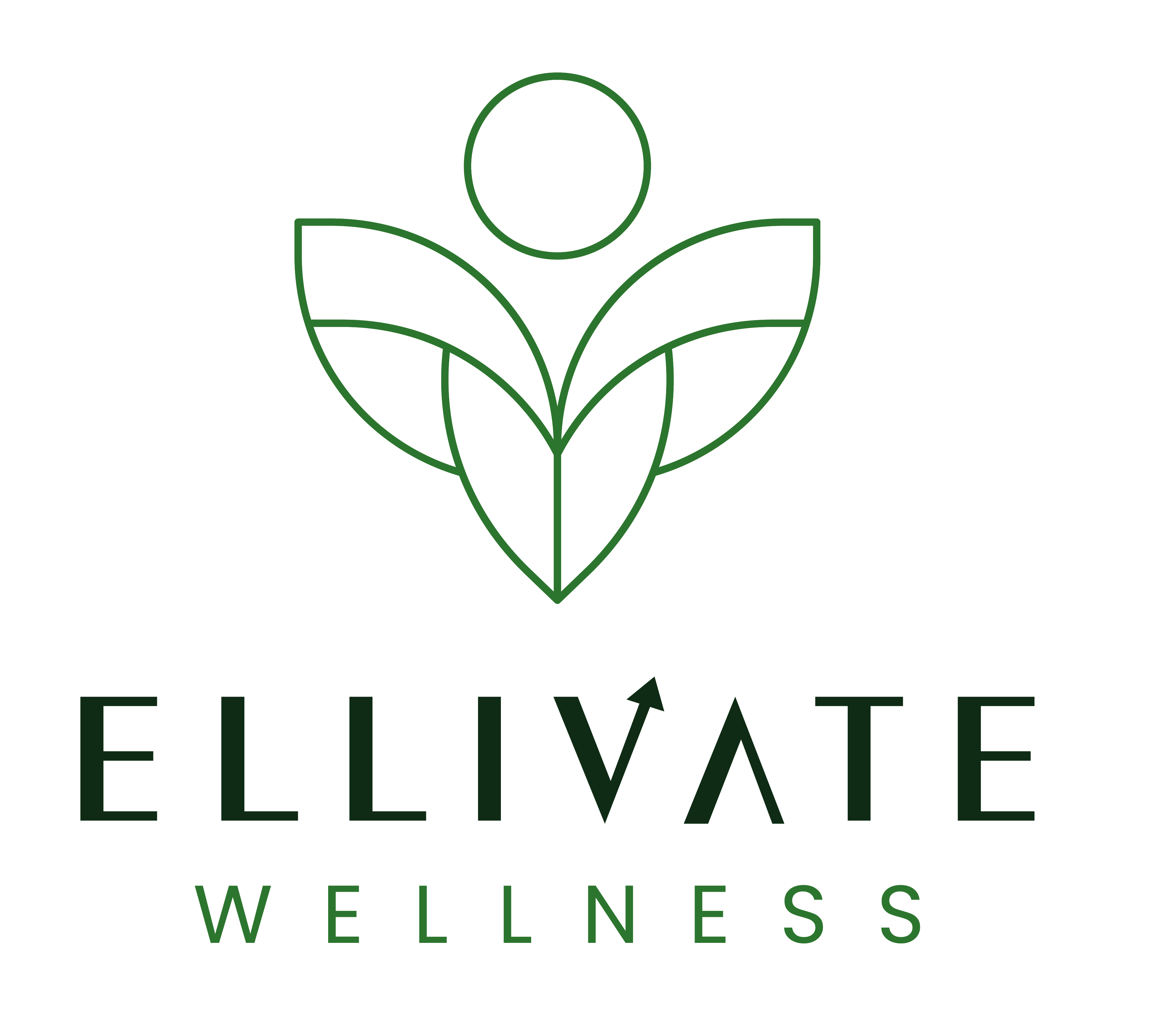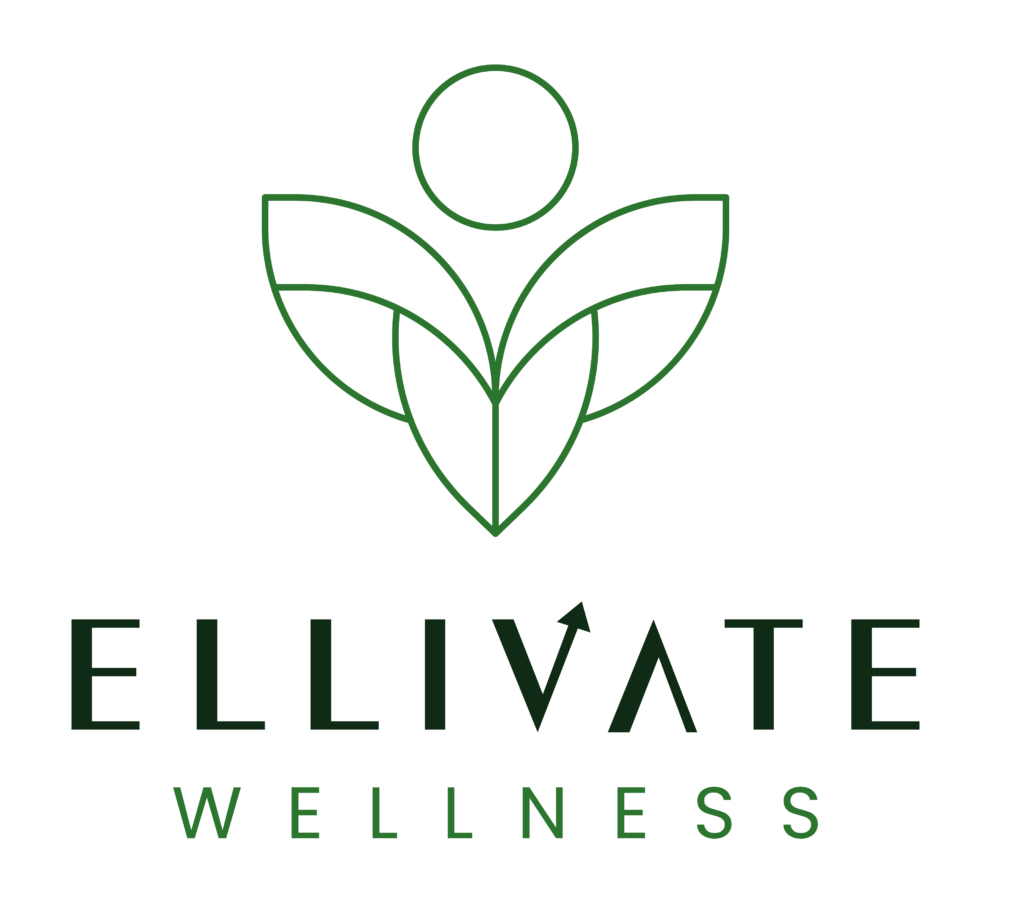How Journaling Can Help Busy Professionals Reduce Stress and Improve Well-Being
In today’s fast-paced work environment, it’s easy for professionals to feel overwhelmed. Between meetings, deadlines, and constant notifications, stress often becomes the norm rather than the exception. Over time, chronic stress can affect your mental clarity, energy, sleep, and even your physical health.
One simple yet powerful tool to help manage stress and restore balance is journaling. Writing down your thoughts, feelings, and experiences helps you process emotions, gain perspective, and create a sense of calm in the middle of a busy day.
Why Journaling Works for Stress Relief
Journaling isn’t just about keeping a diary — it’s a scientifically backed method for improving emotional health and reducing stress. When you write, you engage both the emotional and rational parts of your brain, helping to release tension and organize your thoughts.
Here’s how journaling helps reduce stress:
- Releases mental clutter: Writing helps you clear your mind and stop ruminating on stressful thoughts.
- Improves emotional awareness: Journaling helps you identify patterns in your stress triggers and reactions.
- Encourages problem-solving: Once emotions are on paper, you can think more logically about how to handle challenges.
- Boosts mood and resilience: Regular reflection helps you focus on positive experiences and cultivate gratitude.
- Enhances mindfulness: Journaling slows you down, grounding you in the present moment — a key antidote to stress.
Types of Journaling for Busy Working Professionals
There’s no “right” way to journal — the key is finding a style that fits your lifestyle and personality. Here are a few effective approaches:
- Gratitude Journaling
Take a few minutes each morning or evening to write down three things you’re grateful for. Focusing on gratitude shifts your mindset from stress to appreciation and helps lower cortisol levels.
- Stress-Release Journaling
When you’re feeling tense or anxious, write freely for 5–10 minutes without censoring yourself. This “brain dump” helps you process emotions and release negative energy.
- Reflective Journaling
At the end of each workday, reflect on what went well, what challenged you, and what you learned. This helps you close out the day with intention instead of carrying stress home.
- Goal-Setting Journaling
Write about your goals and small wins each week. This promotes motivation and helps you focus on progress rather than perfection.
- Mindful Morning Pages
Spend the first few minutes of your day writing down any thoughts or feelings that come to mind. It’s a great way to set a calm, focused tone for your workday.
How to Make Journaling a Daily Habit
- Start small: Just 5 minutes a day is enough to feel the benefits.
- Pick a consistent time: Morning or evening routines work best for most people.
- Use prompts if you’re stuck: Try questions like “What’s one thing I can let go of today?” or “What made me feel stressed and how did I respond?”
- Keep it simple: Use a notebook, digital journal, or even a notes app — whatever makes it easy.
- Stay consistent: The benefits come from regular reflection, not perfection.
The Science Behind Journaling and Stress
Studies show that expressive writing can lower stress hormones (like cortisol), reduce anxiety, and even improve immune function. For working professionals, journaling offers a private, accessible way to manage emotional load and maintain balance amid demanding schedules.
Over time, consistent journaling helps you become more self-aware, reduce emotional reactivity, and increase your sense of control — all key factors in preventing burnout.
How a Health Coach Can Help You Build Stress-Reducing Habits
While journaling is a powerful tool on its own, building it into a consistent wellness routine can be challenging. A health coach can help you develop simple, personalized stress management practices that include journaling, mindfulness, and balanced lifestyle habits — all tailored to fit your professional life.
At Ellivate Wellness, our NDPP-certified health coach supports busy working professionals in reducing stress, improving focus, and building sustainable habits that support both productivity and well-being.
Start Managing Stress with Simple Daily Habits
Stress doesn’t have to control your workday. With mindful journaling and intentional support, you can feel calmer, clearer, and more in control of your time and energy.
👉 Schedule your free consultation today with Ellivate Wellness to learn how personalized health coaching can help you reduce stress and thrive — both personally and professionally.


